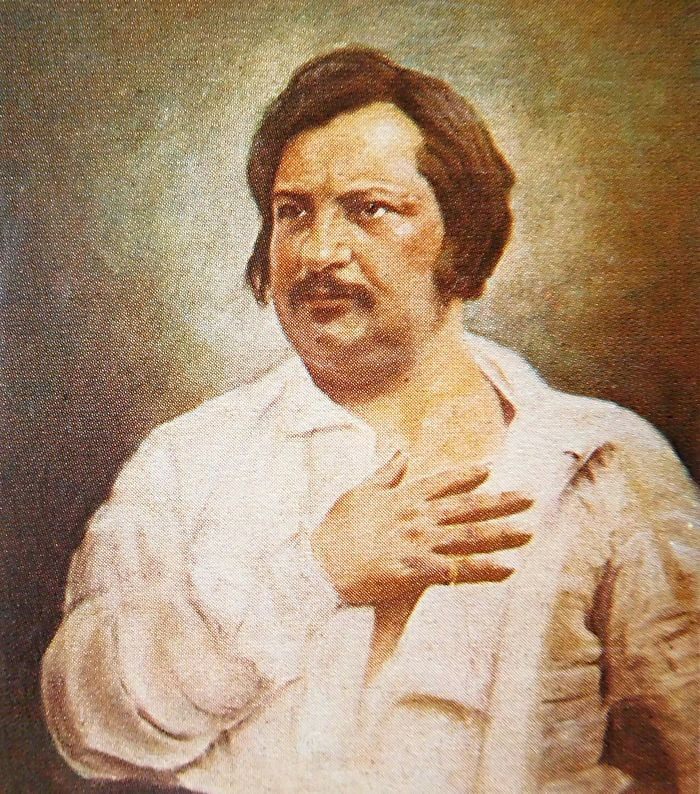Honore De Balzac (1799-1850)
Born at Tours in 1799, Balzac left his native city at an early age and after various attempts at making a living went into the publishing business in Paris. Failing at that, he set to work more earnestly than ever at writing, and until the end of his life he toiled incessantly at the series of novels and tales which have rendered him famous as one of the great novelists of the world. In his Human Comedy, Balzac included several short stories, which are among the very first of their kind; in them the short story is at last entirely free of the past. His work has that contemporary quality that is one of the distinguishing marks of all great art.
The Mysterious Mansion is grouped among the Scenes from Private Life. It is one of the great stories of modern times.
The present version, anonymously translated, is reprinted from Great Short Stories, Collier`s Sons, New York. The original title of the story is La Grande Bretiche.
The Mysterious Mansion
About a hundred yards from the town of Vendome, on the borders of the Loire, there is an old gray house, surmounted by very high gables, and so completely isolated that neither tanyard nor shabby hostelry, such as you may find at the entrance to all small towns, exists in its immediate neighborhood.
In front of this building, overlooking the river, is a garden, where the once well-trimmed box borders that used to define the walks now grow wild as they list. Several willows that spring from the Loire have grown as rapidly as the hedge that encloses it, and half conceal the house. The rich vegetation of those weeds that we call foul adorns the sloping shore.
Fruit trees, neglected for the last ten years, no longer yield their harvest, and their shoots form coppices. The wall-fruit grows like hedges against the walls. Paths once graveled are over¬grown with moss, but, to tell the truth, there is no trace of a path. From the height of the hill, to which cling the ruins of the old castle of the Dukes of Vendome, the only spot whence the eye can plunge into this enclosure, it strikes you that, at a time not easy to determine, this plot of land was the delight of a country gentleman, who cultivated roses and tulips and horticulture in general, and who was besides a lover of fine fruit.
Read More about The Raising of Lazarus 1








